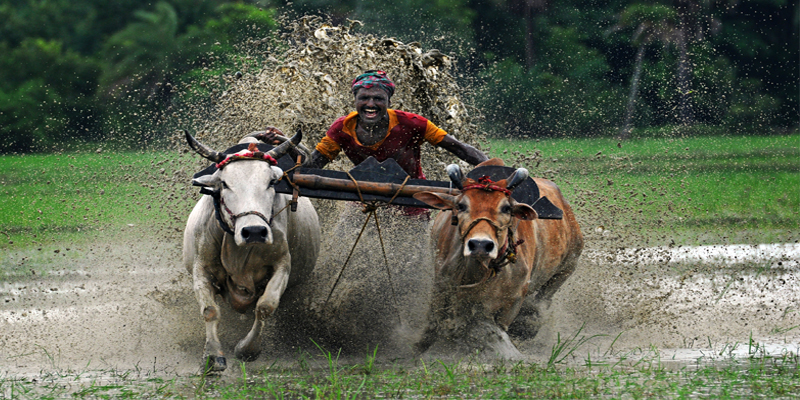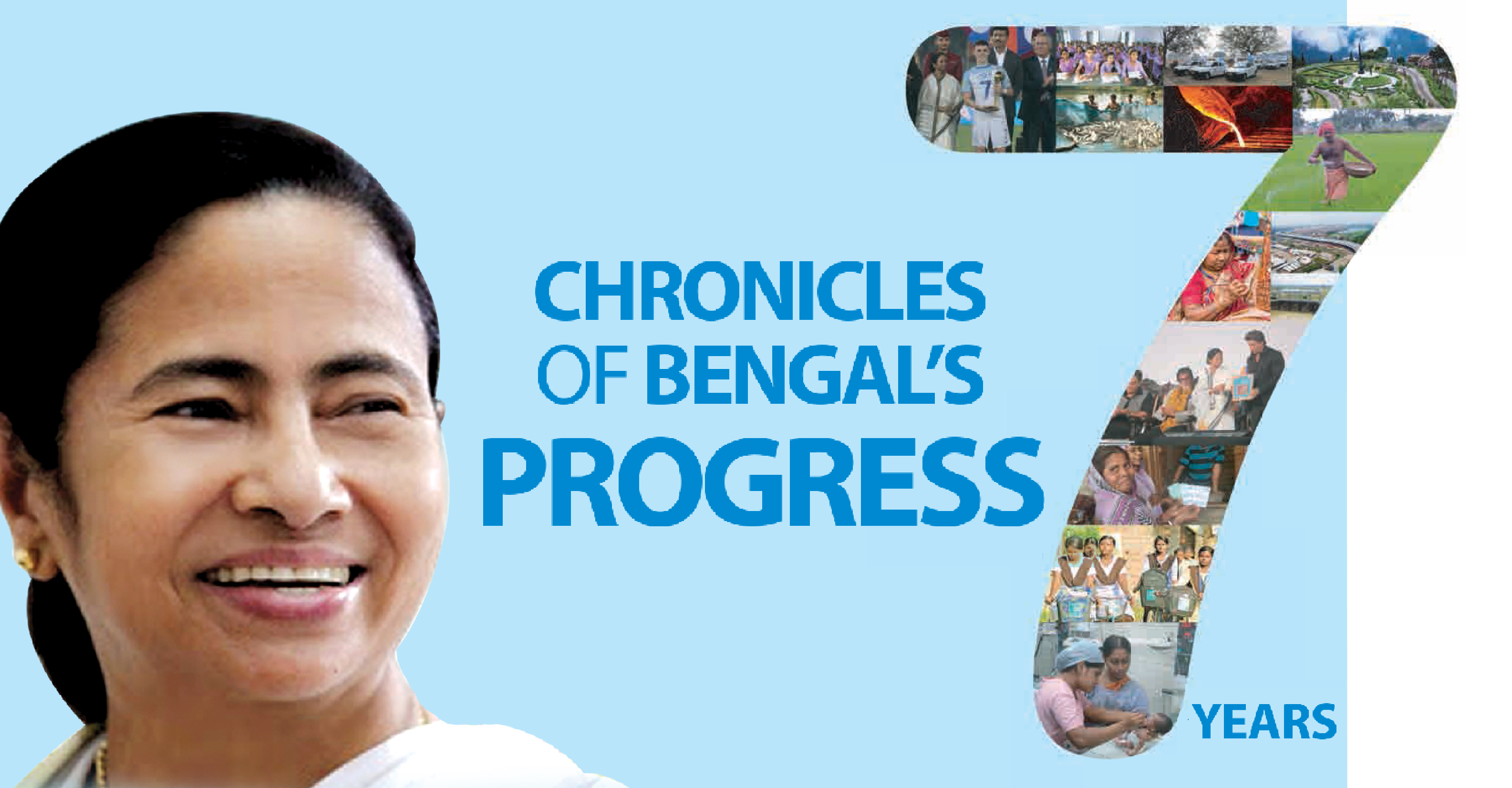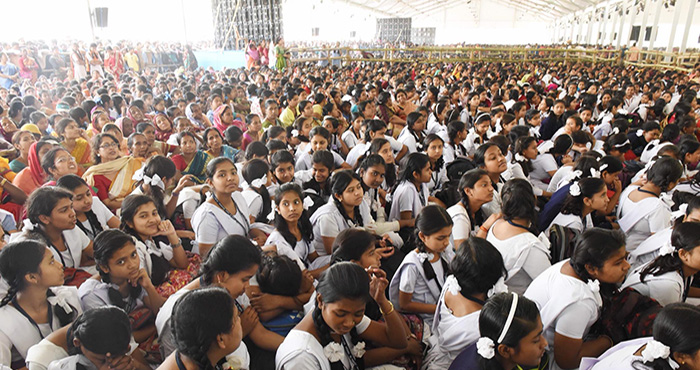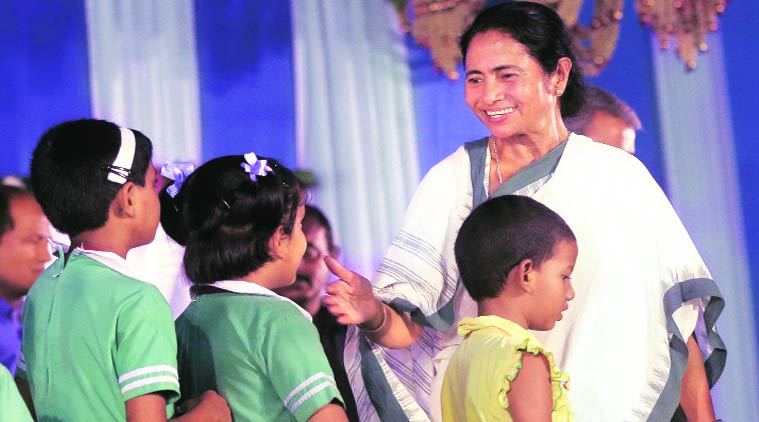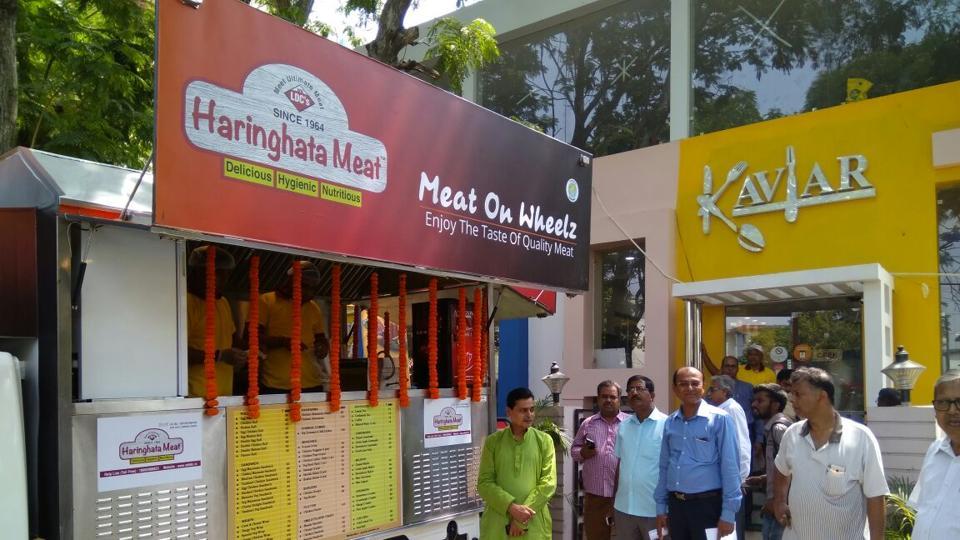The Bengal Government has set an example for other States by increasing the income level of farmers three times. The average annual income of farmers in the State has gone up threefold during financial year 2017-18 than what it was seven years ago.
According to the Agriculture Department, the average annual income of a farmer now stands at Rs 2.91 lakh during 2017-18 while it stood at Rs 2,39,123 during 2016-17. During 2010-11, the average annual income of a farmer was Rs 91,000.
This has become possible due to various social schemes introduced by the Trinamool Congress Government to improve the socio-economic conditions of the farmers.
The overall production of each farmer has shot up as their expenses have slashed due to the availability of certified seeds at much cheaper rates. The agricultural growth rate has gone up which in turn is expected to drive up the State’s economic growth rate.
Distribution of paddy seeds at subsidised rates by the Agriculture Department and giving farmers platforms to sell their produce directly at various State Government-managed outlets and Krishak Bazars at proper costs are among those contributing to the rise of income for farmers.
The State Agriculture Department has already ironed out the middle-man system that had become a practice during the regime of the erstwhile Left Front government.
The State Government has been providing Rs 400 crore subsidy to the farmers. The Agriculture Department provides certified seeds to farmers at 50 per cent subsidised rates or Rs 20 is given to them against per kg of paddy seeds, whichever is less. One farmer can receive up to 100 kg seeds at a time. The amount is credited to the bank accounts of individual farmers.
Chief Minister Mamata Banerjee has laid enormous emphasis on the well-being of farmers and on the increase of productivity through the introduction of a host of new schemes.
Source: Millennium Post

